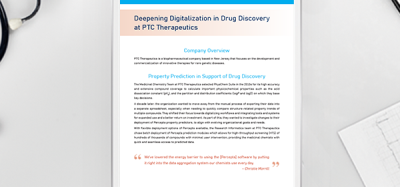NICE approves three quarters of drugs from the Cancer Drugs Fund
Posted: 14 August 2017 | Dr Zara Kassam (European Pharmaceutical Review) | No comments yet
NICE has recommended sorafenib to be routinely available for patients on the NHS making it one of the 24 drugs appraised from the CDF…


The National Institute for Health Care and Excellence (NICE) has recommended that sorafenib should be routinely available for some patients on the National Health Service (NHS). Sorafenib is one of the 24 drugs NICE was asked to appraise from the Cancer Drug Fund (CDF), all of which have been approved so far for routine use.
The CDF is a source of funding for cancer drugs in England that provides patients with faster access to the most promising new cancer treatments as well as helps to ensure more value for money for taxpayers. Additionally CDF offers pharmaceutical companies a new fast-track route to NHS funding.
“More cancer drugs than ever are being recommended for routine use because companies are working hard to provide cost-effective solutions. We are also applying flexibility in cases where drugs show promise, meaning people get access through the new CDF while further data is generated.”
The CDF was established by the Government in 2010 as a temporary solution to help patients to access cancer drugs that were not widely available on the NHS. However, the fund quickly exceeded its original £200m budget. In 2016 reforms were put in place which required NICE to carry out appraisals for the drugs in the existing fund and all newly licensed cancer drugs.
Sorafenib is recommended for some people with liver cancer that has progressed. It is estimated that the drug extends life by up to 3 months. The guidance is now with consultees who have the opportunity to appeal against it.
Companies, such as Bayer have provided discounts and in some cases additional evidence meaning the drugs can be considered as cost effective for routine NHS. Professor Carole Longson, director of the NICE centre for health technology evaluation said: “Working closely with companies and NHS England, we are delivering our promise to give people fast access to the most cost-effective cancer drugs.”
Related topics
Related organisations
Cancer Drug Fund, National Institute for Health and Care Excellence (NICE), NHS England









